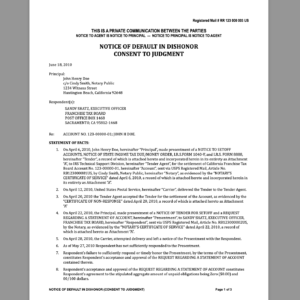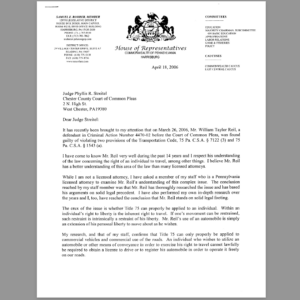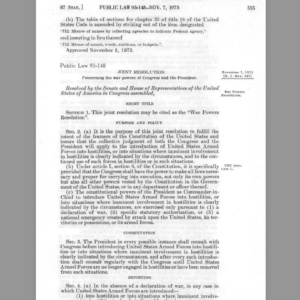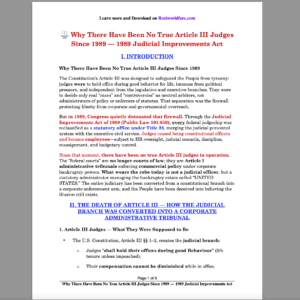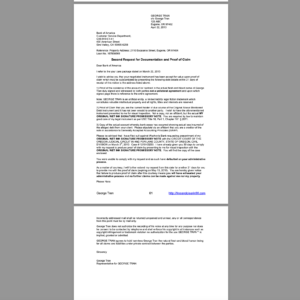The change from using the term “chauffeur” to “driver” is not just about vocabulary; it’s a shift that allows states to regulate private vehicle use as commercial activity. This adjustment has significant implications for citizens, especially regarding the fundamental right to travel, which has been protected by the Supreme Court in numerous rulings. Let’s break down how this shift affects the distinction between private travel and state-regulated commercial driving. Article sourced from WALKERNOVA GROUP.
From Chauffeur to Driver: The Legal Transition
Historically, “chauffeur” referred to someone hired to operate a vehicle, making their work explicitly commercial. States regulated chauffeurs because their activities were part of business and trade. As car ownership expanded, states began to use the term “driver” to describe all vehicle operators, whether they were engaged in business or not. By doing so, the states created a legal framework that subjects all vehicle operators to commercial regulations.
This change implies that states assume all who operate vehicles are engaging in commercial activity. Black’s Law Dictionary supports this, defining a “driver” as someone engaged in commerce or operating a vehicle for hire. Furthermore, the United States Code (49 U.S.C. § 301) requires registration only for vehicles involved in commercial activities, confirming that the regulation is intended for commerce.
Driving as a Commercial Privilege and the Right to Travel
The right to travel freely is a well-established constitutional right recognized by the Supreme Court (Shuttlesworth v. Birmingham, 394 U.S. 147 (1969)). This right allows individuals to move about without interference when they are not involved in commerce. However, when individuals register their vehicles and obtain a driver’s license, they are consenting to commercial regulation, effectively waiving their right to travel privately. The state then classifies all operators as commercial drivers, imposing rules that should not apply to private activity.
California’s Code: Private Automobiles as Household Goods
California law clarifies this distinction further. Under California Vehicle Code § 260, privately used vehicles not engaged in commercial activities are categorized as “household goods.” This classification exempts such vehicles from the registration requirements typically applied to commercial vehicles. Yet, despite this provision, states often mandate registration for all vehicles, whether commercial or not, treating private travel as a regulated privilege rather than a right.
The Implications of Registration and Licensing
By registering a vehicle or obtaining a driver’s license, individuals unknowingly agree to a contract that subjects them to state regulations intended for commercial drivers. This contract blurs the line between private travel—a fundamental right—and regulated commercial activity. The distinction is crucial: traveling privately is a right, while driving commercially is a privilege granted by state authority.
Conclusion
The transition from “chauffeur” to “driver” demonstrates how states have expanded their regulatory scope, treating all vehicle operation as commercial activity. Supreme Court rulings affirm that individuals have the right to travel without state interference when they are not involved in commerce. Nevertheless, obtaining a driver’s license and registering a vehicle means consenting to state commercial regulations. Understanding this difference, supported by California’s Vehicle Code and Supreme Court precedents, is essential in recognizing the extent of state overreach in regulating travel.




